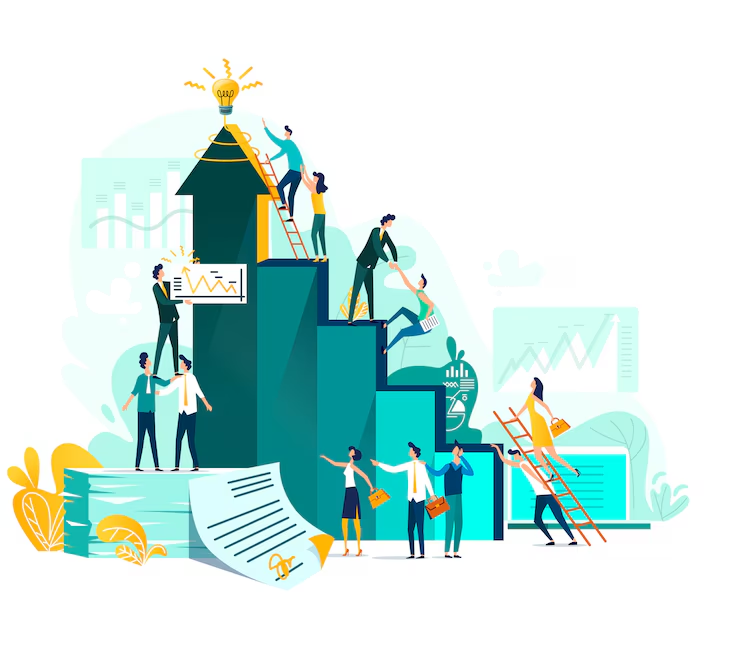The need for adaptable, forward-thinking leaders is greater than ever. Leadership development isn’t just about preparing individuals to manage—it’s about cultivating a mindset and skill set that can shape the future of organizations and drive sustained growth.
The Changing Face of Leadership
The traditional top-down approach to leadership is no longer enough. With the rise of digital transformation, global markets, and complex challenges, leaders must be equipped with the ability to inspire, communicate, and make decisions that not only benefit the company but also resonate with their teams. Today’s leaders are expected to be flexible, empathetic, and proactive in solving problems, guiding others, and influencing change.
Key Qualities of Future-Ready Leaders
- Vision and Innovation
Leaders who can anticipate challenges and trends are better positioned to steer their organizations through uncertainty. By fostering a culture of innovation, they enable teams to think creatively and embrace new opportunities. - Emotional Intelligence and Adaptability
Emotional intelligence plays a central role in leadership development. Future-ready leaders are those who can connect with their teams on a personal level, understanding their needs and motivations. Adaptability ensures they can lead effectively, even in times of rapid change or disruption. - Collaboration and Communication
Leadership is no longer about working in isolation; it’s about collaboration. Leaders who can communicate effectively and build strong relationships across departments and teams are better equipped to foster unity and drive collective success. - Resilience and Decision-Making
In the face of adversity, leaders need the resilience to remain focused and make informed decisions. The ability to balance short-term actions with long-term vision is critical for navigating an unpredictable future.
Developing Tomorrow’s Leaders
Organizations that invest in leadership development programs are preparing themselves for long-term success. By providing continuous learning opportunities and coaching, they are cultivating leaders who can not only manage today’s demands but also anticipate and influence the future.
Workshops, mentoring programs, and feedback loops can play a significant role in shaping leaders who are prepared to tackle complex challenges, innovate, and inspire their teams. These experiences help foster a growth mindset, pushing leaders to be more open to new ideas and approaches, even if it means stepping out of their comfort zone.
The Impact of Leadership Development on Business Growth
Strong leadership development programs contribute directly to business performance. Companies with well-developed leaders see higher employee engagement, better retention rates, and increased profitability. By empowering individuals to take ownership of their leadership journeys, organizations create a robust pipeline of talent capable of driving future success.
Conclusion
Building future-ready leaders is not just a trend—it’s a strategic priority for organizations looking to thrive in an ever-changing world. Through a combination of vision, adaptability, collaboration, and resilience, leaders can guide their teams toward success while continuously preparing for what lies ahead. Investing in leadership development today ensures that your organization is ready to meet the demands of tomorrow.

